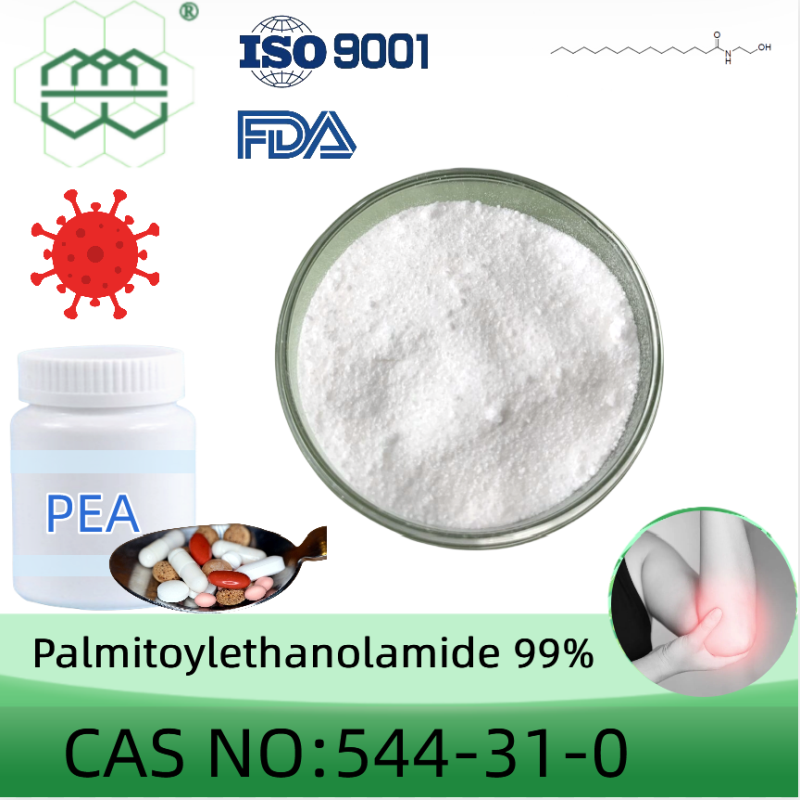-
Categories
-
Pharmaceutical Intermediates
-
Active Pharmaceutical Ingredients
-
Food Additives
- Industrial Coatings
- Agrochemicals
- Dyes and Pigments
- Surfactant
- Flavors and Fragrances
- Chemical Reagents
- Catalyst and Auxiliary
- Natural Products
- Inorganic Chemistry
-
Organic Chemistry
-
Biochemical Engineering
- Analytical Chemistry
-
Cosmetic Ingredient
- Water Treatment Chemical
-
Pharmaceutical Intermediates
Promotion
ECHEMI Mall
Wholesale
Weekly Price
Exhibition
News
-
Trade Service
At this week's International Nutrition Congress
(ICN)
in Granada, Spain, the EU-backed
NU-AGE
project announced that Europe's diet strategy should adapt to its ageing population.Eurostat, the European Commission's body, estimates that by
2050-
, the percentage of Older Europeans aged
65
and over will rise from
17 per cent
to
30 per cent
response to this growing concern, the
NU-AGE
project, funded by the European Union, has begun to study functional foods needed for healthy eating in the elderly population.this week
held
a
seminar
the study.
Aurelia Santoro
, a research fellow at the University of Bologna's
NU-AGE
program, said,
"the
chose to announce on
ICN
that the program is only the first step, and we'll go from the socioeconomic status of older people to their dietary choices and health, detailing the
NU-AGE
diet and relationships." In addition, we use data from metabolomics and macrogenomics to select the foods and foods that are most beneficial to older Europeans.
”Regarding the potential impact of the research project in the event,
Lisette de Groot
, a professor of nutrition and ageing at the University of Vahningen, one of the speakers, told
: "
's policy will change accordingly based on different research findings.
”Nutritional Metabolomics and Microbial GenomicsNestle senior scientist
Sebastiano Collino
says
,
aging is shown in the nutritional metabolic group. He believes that
more
understanding of the aging process is necessary, which
help
delay or even prevent disease.metabolomics can be used to identify biological path paths under the action of drugs and to guide personalized treatments. Individuals can be grouped according to different types of metabolic groups, such as different physiological responses to the environment, diet, lifestyle and genetics.same time, paul O'Toole, a professor of microbiome
at the University of Cork
studied the gut microbiome of older people. The gut microbiome is an ecosystem of bacteria in the gut that depends on diet and is closely linked to health, aging and well-being. At present, he has the most extensive research on this subject.Professor Claudio Franceschi
, coordinator of the NU-AGE
and chair of the conference, said the two areas are currently very popular research topics.
"
topics in this project are becoming more and more popular and important.
,"
told reporters.social factorsthe
also
the impact of socio-economic factors on diet and the aging process.
Xavier Irz
, professor of food market economy analysis at
MTT
Economic Research in Finland, says we don't fully understand how food choices, health and dietary quality affect dietary changes and healthy ageing. Current surveys of older persons in four EU countries show that the average quality of their diet is low. Professor Lisette de Groot
her ongoing study on dietary interventions for older people in Europe. In a year-long experiment,
1,250,
volunteers aged
65-80,
from five EU countries took part in the first group of tests on the effects of diet on health and quality of life. study, which will be completed later in 2014, will include recommendations for Mediterranean dietary patterns, including
supplementation for vitamin
D
, while
has no recommendations for the
control group.







